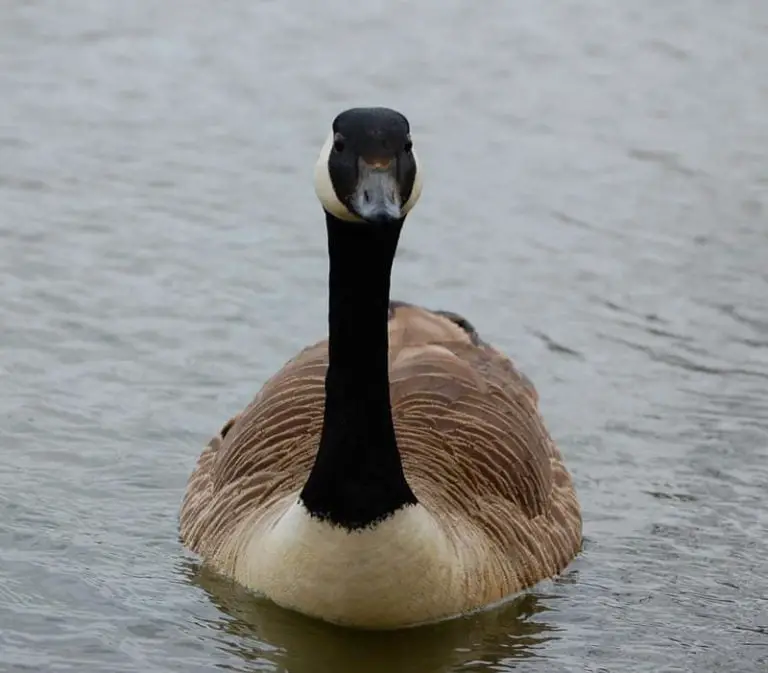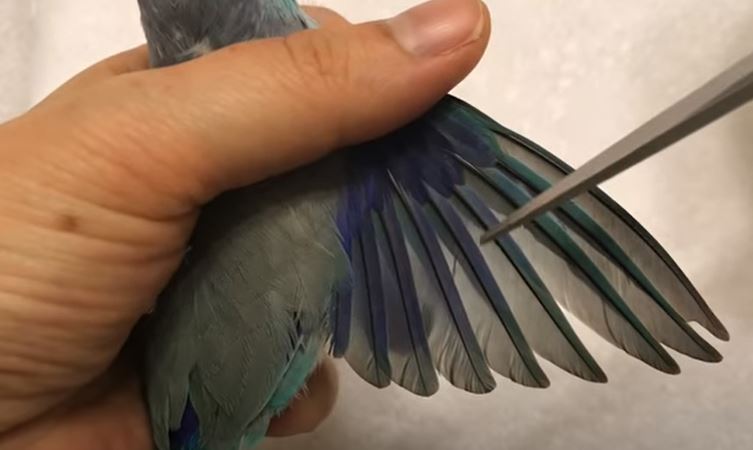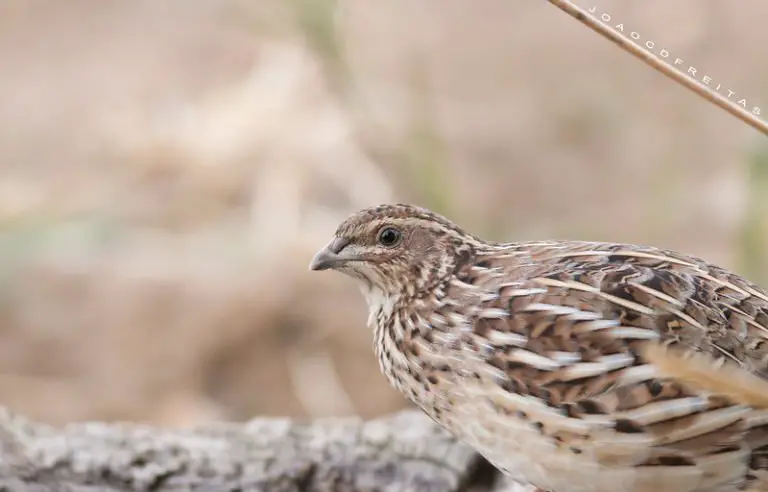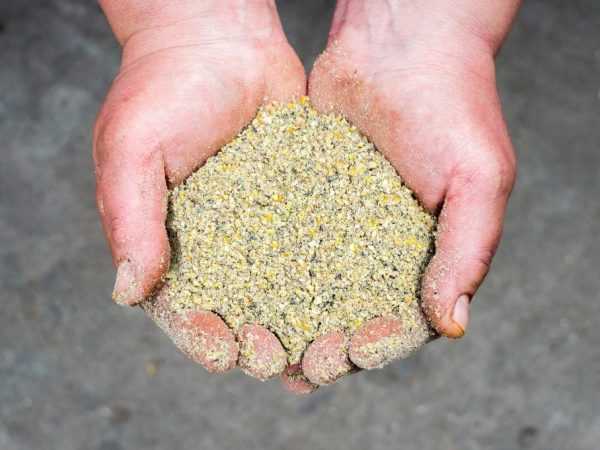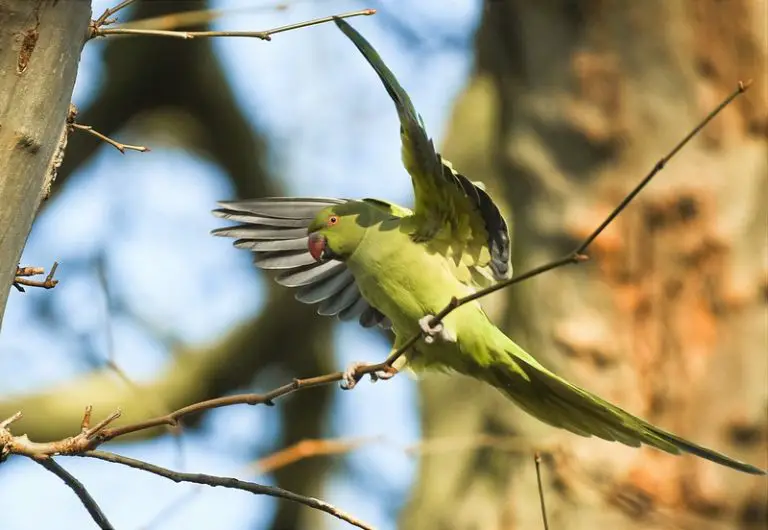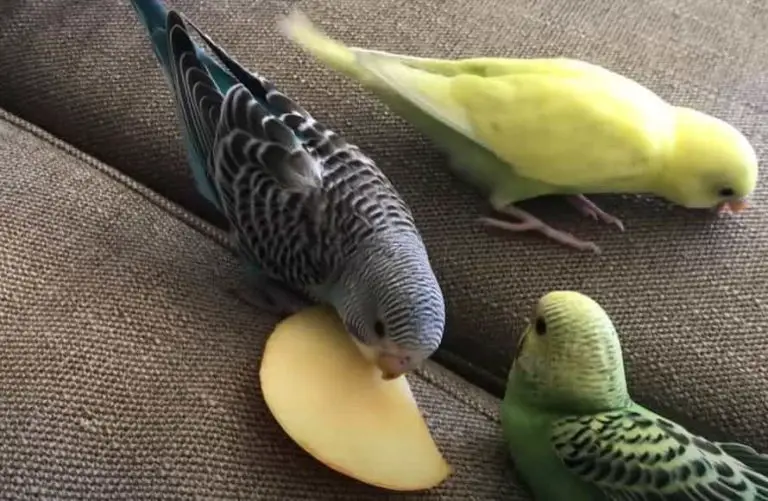Can Birds Eat Passion Fruit?
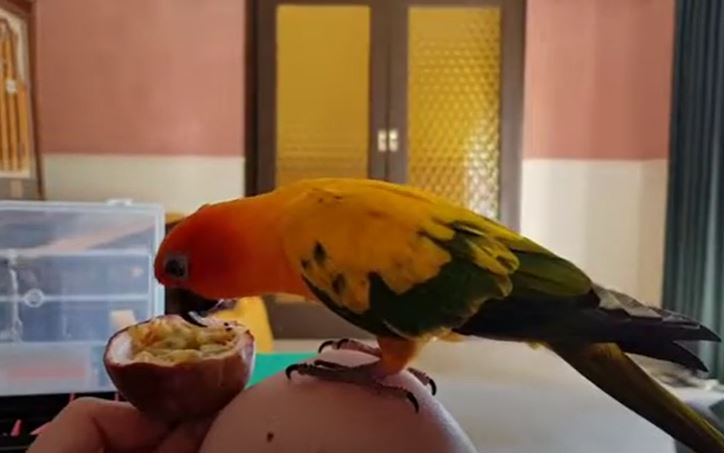
Passion fruit is not a common fruit to feed to birds, its consistency is not stable and its shell can be a challenge for some birds, although the vitamin C and other vitamins contained in passion fruit are a very important contribution to the birds.
Generally, passion fruit in moderate doses is not toxic to birds, although it has the problem of the seeds, this fruit is composed of shell, juice and seed, being the juice the most important product, the seeds of passion fruit contain small amounts of cyanide as well as apple which could be toxic to birds if ingested in huge quantities.
Birds can safely eat the inner juice of the passion fruit, which can sometimes have a semi gelatinous consistency, but removing the seeds from this fruit is a complicated task, as passion fruit is composed of about 15% seeds, and these are mixed and dispersed with the inner gelatinous part of the fruit.
Do passion fruit seeds contain cyanide?
This has been a controversial topic, in reality, the seeds of the passion fruit itself does not contain cyanide, rather, it contains a compound called amygdalin which upon decomposition could form cyanide hydrogen, which in large quantities can become toxic.
Although the amount of cyanide that is formed is very minimal and a massive amount of seeds should be ingested to represent some degree of danger, for example, a human being can ingest several grenadillas with seeds without compromising their health, in the case of birds, being living beings of much smaller dimensions, caution should be exercised.
Although even in the same birds, for the seeds to be toxic, they should ingest large amounts of seed, a bird that ingests very little amount of seeds of passion fruit will not be affected immediately.
The fact that a bird consumes a little of the passion fruit seeds will not be intoxicated, although the size of the bird’s digestive system should also be taken into account and avoid consuming too many of these seeds as they could cause intestinal problems, in conclusion, birds can eat the passion fruit seed in a very moderate way.
Do birds in the wild eat macaruya?
Birds in the wild love to eat all kinds of fruits that contain vitamin C and seeds and passion fruit is one of them, this fruit can have a sweet and sour taste because it is rich in vitamin C, but birds love it, besides, this vitamin C helps birds to keep their beaks and feathers in very good health.
Large birds, such as parrots, parakeets and others can peck through the shell of the passion fruit and reach the inner substance, no matter if the fruit is green or ripe, although if the passion fruit is ripe its shell will be much easier to break.
Birds should not eat the husk of the passion fruit
The skin of the passion fruit is not edible, that is common knowledge, but birds are very curious and like to peck at anything that is conspicuous or looks edible.
The husk of the passion fruit can be toxic to ingest, besides not being very nutritious or tasty, it can also contain chemicals called cyanogenic glycosides, this chemical compound can form poisonous cyanide by combining with enzymes to form poisonous cyanide and are potentially poisonous in large quantities.
What benefits could passion fruit have for birds?
Passion fruit is a very nutritious fruit for birds, it has vitamins and minerals that favor the development of the immune system and provide energy. They also have proteins that can become significant in the diet of birds due to their size.
The vitamin C and calcium contained in the passion fruit are important to reinforce the defenses and maintain the bones, feathers and beak in good condition.
If you have a very restless bird, passion fruit can work as a natural sedative, both the juice of the passion fruit, as well as the leaves, contain alkaloids, which are substances known for their hypotensive action, i.e., they are natural sedatives and antispasmodic.
Vitamin A present in passion fruit is one of the liposoluble vitamins and influences, among other things, the immune system and hormones of birds. It is also responsible for the pigmentation of feathers.
Vitamin A is created by the conversion of beta-carotene, for example, which is found in many types of fruits and vegetables, such as chard and other dark green leafy vegetables. According to veterinarians, vitamin A deficiency is one of the most common deficiency symptoms.
Vitamin C not only supports the immune system, but also the development of normal growth and repairs in the body of birds.
Which birds can eat passion fruit?
- Budgies
- Parrots
- Canaries
- Love birds
Among other of the most common domestic birds can consume passion fruit taking into account everything read in this topic, passion fruit is a very beneficial fruit and the bird will love it, actually, in moderation it does no harm.
You can supplement the passion fruit a couple of days a week or once a week in moderate doses, the amount of vitamins and minerals, mainly vitamin C in passion fruit will make your bird develop a healthy immune system and will help your bird to have a healthy immune system.

